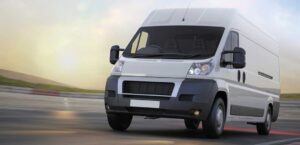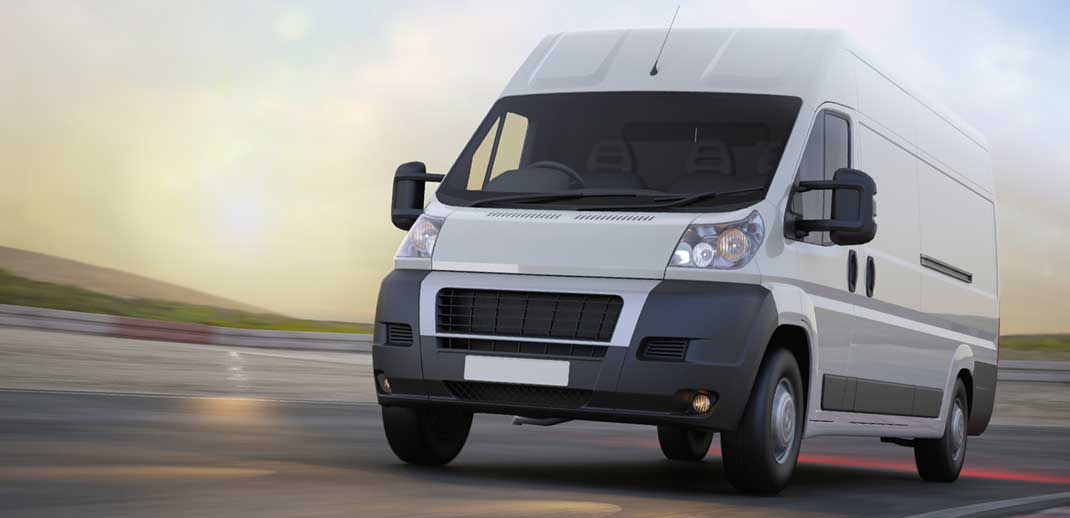First and foremost, you should be aware that van insurance is always required, even if you don’t use the vehicle yourself. A statutory off-road notification (SORN), which is something you can declare, must be made if the van is stored in a garage or driveway as opposed to a public area. This implies that you are exempt from paying taxes and insurance.

You have the choice between three different levels of coverage, including fully comprehensive, third-party alone, and third-party fire and theft. Full coverage for you and a third party is what is meant by the phrase “fully comprehensive.” While third-party insurance only protects the third-party vehicle and any passengers, third-party fire and theft insurance also covers your own van in the event that you become a victim of either fire or theft. Your budget will have a major impact on the level of insurance you select.
The Working strategies of van insurance
What factors do insurers consider when choosing which insurance group a van should be in? They’ll mostly focus on the following areas:
- Size – Your van insurance group is based on its dimensions, capabilities, and cargo. This is because bigger vans are more difficult to maneuver and may increase your risk of being involved in an accident. Likewise, large vans demand large engines. Insurance companies frequently believe that the more powerful your engine, the higher the risk of an accident.
- Safety – Vans may be a target for thieves more often than cars. This is so because vans are more likely to be loaded with pricey supplies or machinery. However, some vans come with cutting-edge, top-notch security systems. Lower insurance groups correspond to stricter security.
- Repairs and parts – It just costs more to fix some vans than others. They may be in need of specific, more expensive, or difficult-to-find parts. However, if your van’s repair costs are low and straightforward, your insurance company will put you in a lower insurance group, which will result in a cheaper cost for your coverage.
- Performance – Statistics indicate that the likelihood of an insurance claim increases with vehicle speed. As a result, your van will probably be in a premium van insurance group if it has high-speed capabilities.
- Weight – The more difficult a vehicle is to drive, the higher the group it will be placed in.
What additional criteria are taken into account by your van insurance?
Before making a purchase, being aware of these aspects will help you choose the best van and have a sense of what your insurance plan might entail. It makes sense to be knowledgeable about this insurance if you operate a commercial vehicle because it is one of your most significant ongoing expenses.
Of course, there are other crucial aspects that insurers also consider, including the age and driving records of the drivers, the intended purpose of the van, and where it will be stored. At the same time, you can also check out insurance premium.
If the vehicle has been altered in any manner, the cost of your premium may also increase because the cost of repairs will probably be higher.
The Detailed explanation of Van Insurance Terms

Logbook V5
Your V5 log book is a record that lists all of the significant information about your car, including the name of the registered keeper. It’s crucial since the information on it needs to be updated when selling a car. It’s particularly crucial if you’re not sure whether your car, van, or even minibus is what you’re driving.
Haulage
Insurance for haulage business vans covers the delivery of one or more commodities across vast distances. Large trucks like those you see on highways are the best illustration of haulage. They typically carry a brand and deliver a single load to a location before returning to a distribution center to restock. Another type of commercial insurance called haulage protects, you guessed it, haulage drivers.
Transporting things for remuneration or hire
Commercial van insurance includes coverage for the transport of products for hire or payment. It covers the van in the event that it is in an accident while doing deliveries.
Own-goods transportation
Commercial van insurance includes the carrying of one’s own goods. It provides coverage for the vehicle that will be used to transport the policyholder’s belongings or machinery, such as a builder who travels between jobs while loading up the van with his or her own tools.
Insurance for commercial and business vans
Commercial vans and business insurance are the same things, however, business use differs slightly from vehicle use. Commuting to a location of employment is not considered business use for autos. If you use a van for commuting, you should get business or commercial insurance.
Light Commercial Vehicle (LCV)
A van is commonly referred to as a light commercial vehicle or LCV. It applies to vans weighing 3500 kg (3.5 tonnes) or less, which includes models like the Mercedes Sprinter and Ford Transit.
Large Goods Vehicle (LGV) or Heavy Goods Vehicle (HGV)
Vehicles that weigh more than 3500 kg are referred to as Large Goods Vehicles (LGV) or Heavy Goods Vehicles (HGV). They resemble the long-distance vehicles you see on highways, such as lorries and trucks.
The Cost of my Van Insurance
Working as a professional driver will probably result in lower premiums. However, if you use a van for work for instance, if you work as a bricklayer and frequently bring equipment with you this may result in a little increase in your premium because there is a higher likelihood that your van will be broken into. Making sure there are additional security measures in place, such as an alarm, an immobilizer, a steering wheel lock, or even just a notice on the back of your van warning that no tools should be left inside overnight, is one way to get around this and lower your premium.
Conclusion
The cost of your insurance is greatly influenced by where you live. For instance, if you reside in a village, your premium van insurance will probably be lower because there is a smaller chance that your van will be broken into.



